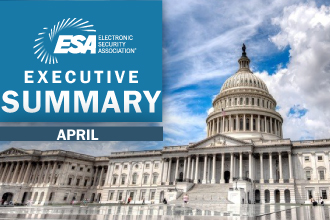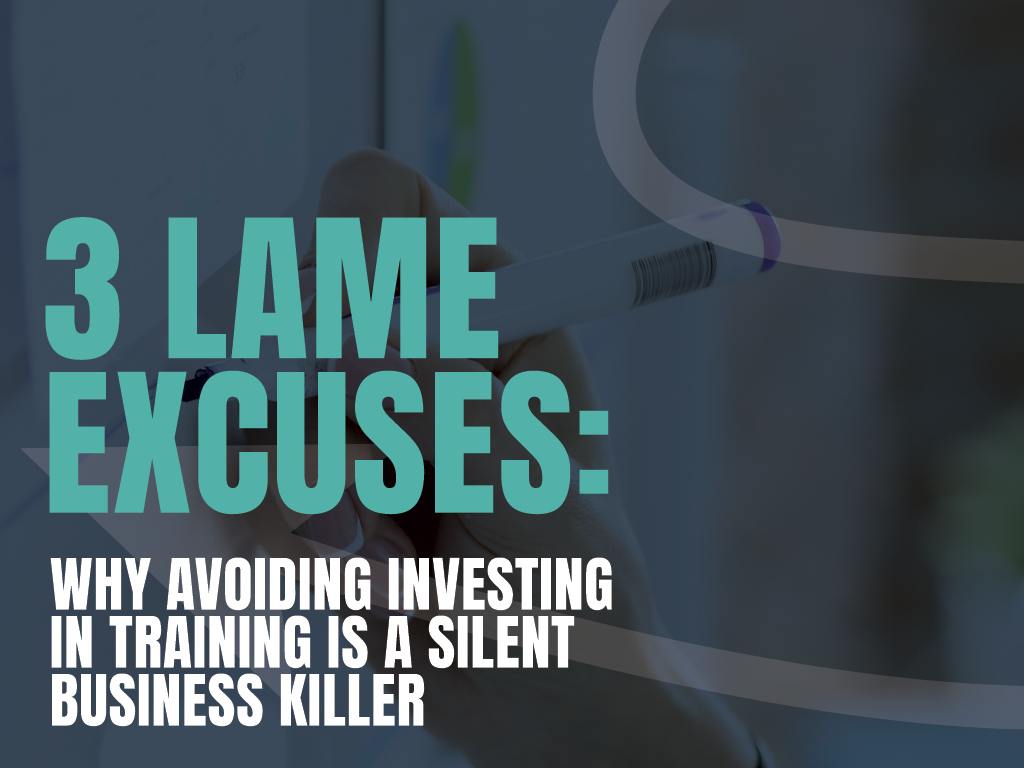April was a month for movement and enactment on good and bad bills around the country. We will highlight those with the most potential impact to membership, but everyone is encouraged to read through the list of bills in your respective state(s) to make sure you have the latest information available. April was a month for movement and enactment on good and bad bills around the country. We will highlight those with the most potential impact to membership, but everyone is encouraged to read through the list of bills in your respective state(s) to make sure you have the latest information available.
Apprentice/Labor
Colorado SB 19-196 adds several required evaluation factors including the craft labor staffing plan for the project bidder and subcontractors, the anticipated utilization by the bidder and its subcontractors of apprentices registered with federal or state apprenticeship agencies to complete the work under the contract, and the safety plan and safety record of the bidder and the bidder's subcontractors. It will require bidders for contracts over $1 million to demonstrate use of approved apprenticeship programs for labor used to complete the project. This bill passed the Senate on April 16th and was sent to the House, where it was assigned to the State, Veterans, & Military Affairs Committee. It passed the House with amendments on April 29th and on April 30, 2019 the Senate considered the House amendments, concurred, and voted to repass.
Illinois SB 1474 is touted as a "collective bargaining freedom" bill, but in reality, creates a framework that would require membership in labor unions where collective bargaining agreements are reached. This bill was enacted on April 12, 2019.
Maine LD 1564 (SP 499) provides for the ability of a public works project to include a project labor agreement, but conditions on the agreement would prohibit any provision that requires increased costs, construction delays, or forced participation in a labor union as a condition of the agreement.
Nevada SB 207, which requires contractors and subcontractors to comply with apprenticeship requirements was passed in the Senate on April 19th and is now headed to the House. The bill was amended to increase the percentage of time required for approved apprentices on public works projects.
Licensing
Arkansas SB 564 and Arizona HB 2569 are two of several bills around the country that provide for expedited licensing for veterans, returning veterans and their spouses who are licensed in another state. Both bills were enacted on April 10, 2019.
Idaho HB 248 provides for training and experience equivalency for the purposes of occupational licensing of applicants with honorable military experience. It also provides for expedited licensing requirements. This bill was enacted into law on April 3, 2019.
The Tennessee bills (SB 1443 and HB 602) that would prohibit local governments from using alarm companies as collection agents to collect their annual alarm registration fees and from fining alarm companies for false alarms continued to move in April. SB 1443 passed the Senate and House and was forwarded to the Governor on April 30, 2019 where it awaits his signature.
A bill in Colorado is cause for some concern and confusion. SB 19-156 is the sunset bill for the State Electrical Board. The bill itself makes no mention of anything other than extending the powers and duties of the board for 13 years, adding at least one residential electrician to the board and several other changes that do not impact our industry. However, the fiscal note summary provides bullet points on what this bill does, including one bullet point that claims the bill, “clarifies that communications systems, data systems, and security systems are subject to regulation if they are part of a building's electrical system . . .” We have not identified the source of this language, but we do know that security systems are not included in the most recently published version of the bill. This bill passed the House on April 30, 2019 and the Senate concurred with the amendments passed by the House on May 1st.
ND HB 1157, which was dramatically altered after it passed the House, passed the Senate and after a conference committee was convened passed the House with amendments. The enrolled version was sent to the Governor on April 24th. This bill will create a "power limited electrician" license, but exempts persons installing what is referred to in the bill as "nonelectrical systems". The definition of a nonelectrical system is defined as
"a system as defined by the articles contained in chapter 8 and other articles which contains class II or class III circuits and systems as defined by the national electrical code, as adopted by the board. Although the board may expand this definition, the board may not narrow this definition. The term does not include a circuit or system that is installed:
a. Within an area of special occupancies, as defined under articles 500 through 517 of the national electrical code.
b. For heat, light, or power.
c. For the control of heat, light, or power, unless the circuit or system employs digital communication."
There remains some confusion on how this new law will be interpreted, particularly the term "digital communication." We will have to see how this new legislation will also be viewed in light of SB 2359, which mandates the study of power limited systems.




